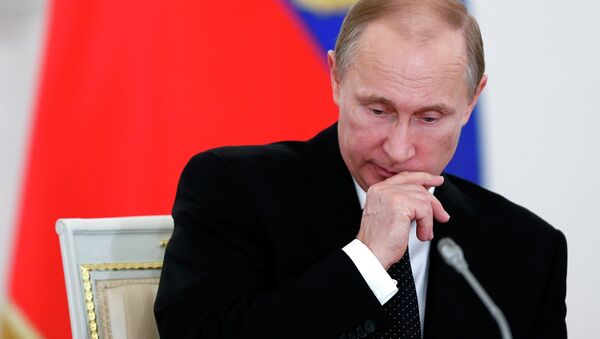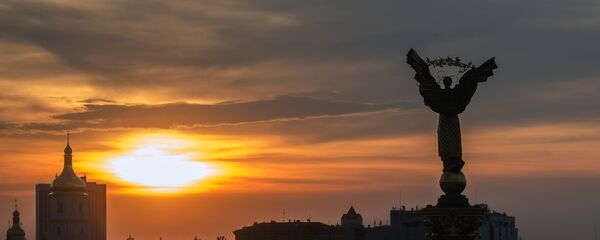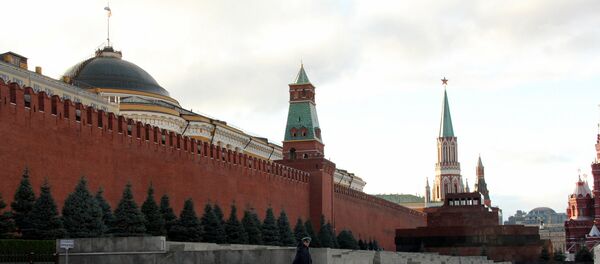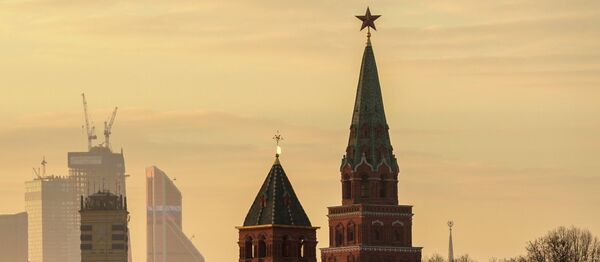The multiple possible answer polling finds that the president's other most cited accomplishments include the stabilization of the situation in northern Caucasus (34 percent of respondents), the curbing of separatism and saving the country from collapse (33 percent), the rise of pay, pensions and benefits (29 percent), and his success in dealing with the aftermath of the 2008 economic crisis (29 percent).
When it comes to the top five things the president hasn't been able to accomplish, 39 percent of respondents cited his inability to assure a just distribution of income in the interests of ordinary people, 34 percent the failure to return the resources and amenities lost by ordinary people in the course of reforms, 23 percent the incapacity to overcome the present economic crisis, 22 percent the failure to ensure the strengthening of law and order in the country, and 15 percent the inability to raise pay, pensions, and benefits.
Polling found that support for the president, sitting at 52 percent in March 2013 and 56 percent in March 2014, has grown by nearly 20 points, with 72 percent of respondents now noting that they 'on the whole support' his leadership, while 14 percent say they 'on the whole do not support' him. in 2013 and 2014, 27 percent answered that they 'on the whole do not support' the president.
Putin's Public Image is Changing
Levada's multiple possible answer polling also found that among the qualities people found most attractive in the president, 41 percent said it was his 'energy, decisiveness, and strength of will', with 40 percent citing his 'experience'. Meanwhile, 25 percent cited his 'ability to lead', 23 his 'defense of state interests', 23 percent his 'visionary leadership', and 17 percent his role in ensuring 'stability in the country'.
Interestingly, the importance of the president's personal appearance among his top personal qualities has fallen from a maximum of 18 percent during the first five years of his administration to 6 percent in this year's results. Political scientist Dmitri Oreshkin told Russian business news service RBC that the decline has to do with shifting expectations among the Russian people. In 2000-2005, people considered it important that Putin was a young man who led a healthy lifestyle, didn't drink, had experience abroad, and was associated with democratic activist Anatoly Sobchak. Shift to the present, and Russians now look at the president as a strong leader who managed to save Russia from the brink of complete destruction. As a result of this, and the fading of the public memory of the malaise of the Yeltsin era and Yeltsin's own personal image, the relative importance of Putin's appearance in the public mind has declined.
Levada Center polled 1,600 people across 134 regions in March 2015. The results have an estimated margin of error of no higher than 3.4 percent.




